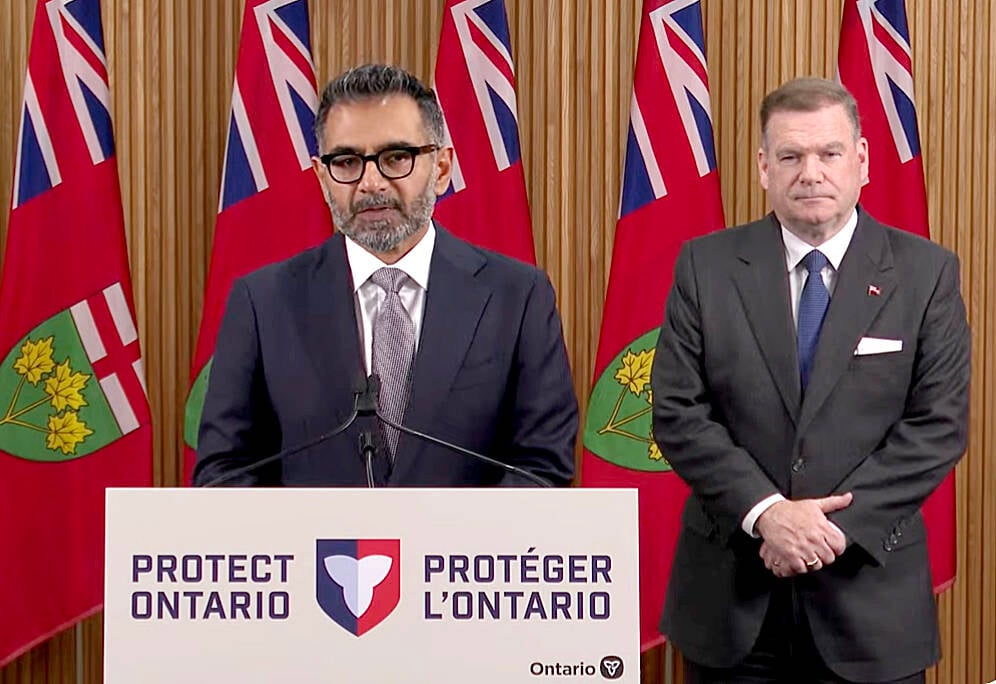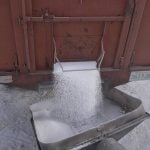Glacier FarmMedia – Food exporters and importers on three continents are hoping the World Trade Organization (WTO) can get back on its feet, and soon.
They also hope an upcoming summit will put the WTO on a path that not only returns it to previous functionality but also helps it climb higher on the evolutionary road.
Why it matters: Canada is a trading nation, but small in influence and so an independent arbiter of global disputes is critical for a country like Canada competing against larger entities.
Read Also

Conservation Authorities to be amalgamated
Ontario’s plan to amalgamate Conservation Authorities into large regional jurisdictions raises concerns that political influences will replace science-based decision-making, impacting flood management and community support.
“Can the rules of trade be more enabling?” Gerald Masila, executive director of the Eastern Africa Grain Council, said in a recent symposium about efforts to rebuild the WTO.
“Can they be clear? . . . Can they be objectively set?”
Representatives of most of the world’s trading nations will gather later this year to begin the process of fixing the WTO, which has been ravaged in recent years by squabbling between significant traditional supporters such as the United States and insurgent players including China.
The U.S. has refused to allow new appellant judges to be appointed to the WTO’s dispute settlement process, rendering it mostly inoperative.
Getting a dispute settlement back in operation is vital, said Marcel van der Vliet, president of a group that represents about 35,000 European food importers and exporters.
“It is very important to have the judges nominated as soon as possible, make that jump, get the system up and running again so that trade disputes can be settled as soon as possible,” said van der Vliet.
However, fixing what’s broken is not nearly enough, said van der Vliet and others. The WTO agri-food agreement is decades old and out of date.
“While this agreement remains the only instrument to govern global ag trade, the rules have not changed,” said Alanna Koch, chair of the Global Institute for Food Security, based in Canada.
“We remain too far from (the original agreement’s) aspirations. We need a global rules-based trade platform and framework that eases the delivery of sustainable food and food solutions across the world.”
Masila said the WTO agricultural agreement tends to get bogged down in technical compliance and fights over rule interpretations, rather than being used to improve the freedom of global agri-food trade.
Van der Vliet said the governments of trading nations must stop pushing agri-food trade into disputes in which the sector is not involved.
“It’s very important that agri-food trade is taken out of the equation. We have seen many times … collateral damage in non-agri-food disputes,” he said. “No more collateral damage, please.”
Koch said a new agreement should deal more with the “consistency, transparency and predictability” of governments’ policies to reduce distortionary farm support policies and increase support for non-distortionary risk management for producers.
“Unpredictable changes in trade policy … serves no one and is costly and devastating for businesses and consumers,” said Koch.
Masila said that when looking at commodity trade invoices, he often notices the underlying cost of the commodity is only 15 to 20 per cent of the total. The rest comes from transportation and handling, including regulatory costs. That slows the amount of trade that can occur.
Van der Vliet said the new WTO agreement needs to limit the scope for non-tariff trade barriers, like phytosanitary standards, to be used to block or hobble imports.
“Most of the trade irritants come from non-tariff trade barriers,” he said.
“Let’s … sit together, prevent the race to the bottom.”
This article was originally published at The Western Producer.












